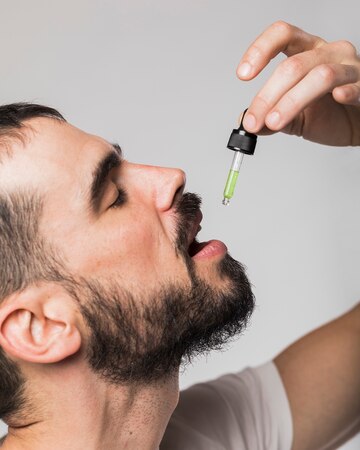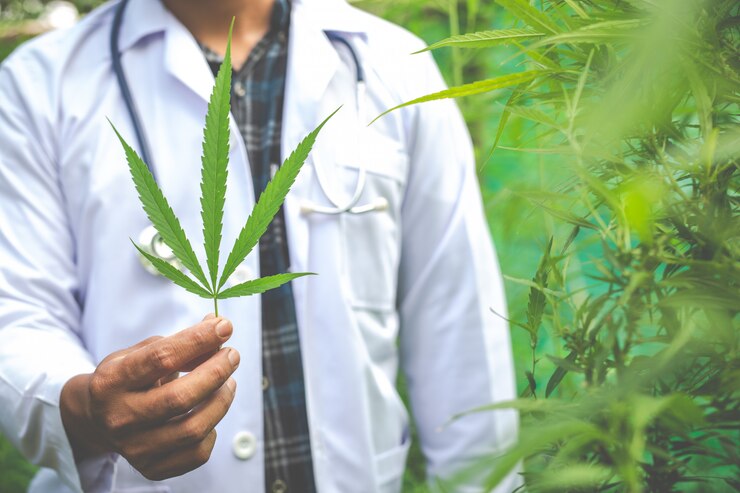Table of contents
Uncovering the Scientific Momentum Behind Cannabidiol
CBD (Cannabidiol), a non-psychoactive compound found in cannabis plants, has captured global attention due to its potential therapeutic benefits. While anecdotal evidence and early studies have been promising, ongoing clinical trials involving CBD are the gold standard for verifying its efficacy and safety. In this post, we explore the latest CBD-focused clinical research, what conditions are being studied, and what these trials mean for the future of medicine and wellness.
🌱 Why Clinical Trials for CBD Matter

Clinical trials are critical for transforming CBD from a supplement into a medically approved treatment. These trials are designed to test:
- Safety across different age groups and conditions
- Dosage accuracy and effects
- Interaction with other medications
- Long-term impact on health and wellness
Thanks to increasing global interest and regulatory support, more clinical trials involving CBD are now in progress than ever before.
🧠 Key Areas of Focus in CBD Clinical Research

1. Epilepsy and Seizure Disorders
One of the most advanced areas of CBD research is its use in managing epilepsy, particularly treatment-resistant forms like Dravet syndrome and Lennox-Gastaut syndrome. The FDA-approved drug Epidiolex emerged from successful clinical trials in this area.
2. Anxiety and PTSD
Multiple Phase II and III trials are assessing how CBD affects social anxiety disorder, generalized anxiety, and post-traumatic stress disorder. Early results show that CBD may help reduce stress responses and improve emotional regulation.
3. Pain and Inflammation
CBD’s anti-inflammatory properties are being studied in trials focusing on conditions like arthritis, fibromyalgia, and neuropathic pain. These trials aim to confirm whether CBD can serve as a viable alternative to opioids.
4. Neurodegenerative Disorders
Alzheimer’s disease, Parkinson’s disease, and multiple sclerosis are all under active investigation. Researchers are testing CBD’s neuroprotective properties and its role in managing tremors, spasticity, and cognitive decline.
5. Cancer-Related Symptoms
CBD is being tested for its ability to alleviate nausea, pain, and appetite loss in cancer patients, especially those undergoing chemotherapy. Some trials are also exploring CBD’s potential anti-tumor effects.
🌍 Where Are These Trials Happening?
Global institutions are now contributing to CBD research, including:
- United States: NIH-funded studies and university hospitals
- Canada: Government-sanctioned medical cannabis trials
- United Kingdom & EU: Trials overseen by MHRA and EMA
- Australia & New Zealand: TGA and Medsafe-supported trials
This international scope helps ensure results are widely applicable and scientifically sound.
🧪 How Clinical Trials Are Structured
Most clinical trials involving CBD follow these phases:
- Phase I: Tests CBD’s safety on a small group of healthy participants
- Phase II: Evaluates effectiveness and side effects in people with specific conditions
- Phase III: Compares CBD to standard treatments across large populations
- Phase IV: Monitors long-term effects after approval
Each phase brings researchers closer to understanding the full impact of CBD on human health.
⏳ Challenges in CBD Clinical Trials
Despite the momentum, clinical trials involving CBD face some roadblocks:
- Regulatory barriers due to cannabis classification in some regions
- Product consistency issues between full-spectrum, broad-spectrum, and isolate CBD
- Placebo effect sensitivity, particularly in trials related to mental health
- Limited long-term data for chronic use across diverse populations
Still, ongoing progress suggests that these challenges are being gradually addressed.
✅ 5 Frequently Asked Questions (FAQs)
Yes, all legitimate clinical trials go through ethical review boards and follow strict safety protocols. Participants are closely monitored throughout.
You can search databases like , or consult with research hospitals or universities in your area.
Yes, Epidiolex is FDA-approved for certain types of epilepsy. Other uses are still being evaluated in ongoing trials.
Animal trials provide useful preliminary data, but human clinical trials are necessary to confirm safety and efficacy for people.
If current trials continue to show promising results, CBD could become a widely accepted treatment option for several conditions.
🧭 Final Thoughts
The world of clinical trials involving CBD is rapidly expanding, offering new hope for people suffering from a wide range of health conditions. From epilepsy to anxiety and chronic pain to neurodegenerative disease, research is uncovering the true therapeutic potential of cannabidiol. As data accumulates and more products undergo rigorous testing, we’re likely to see a shift from anecdotal use to medically supervised applications of CBD in both traditional and integrative medicine.





